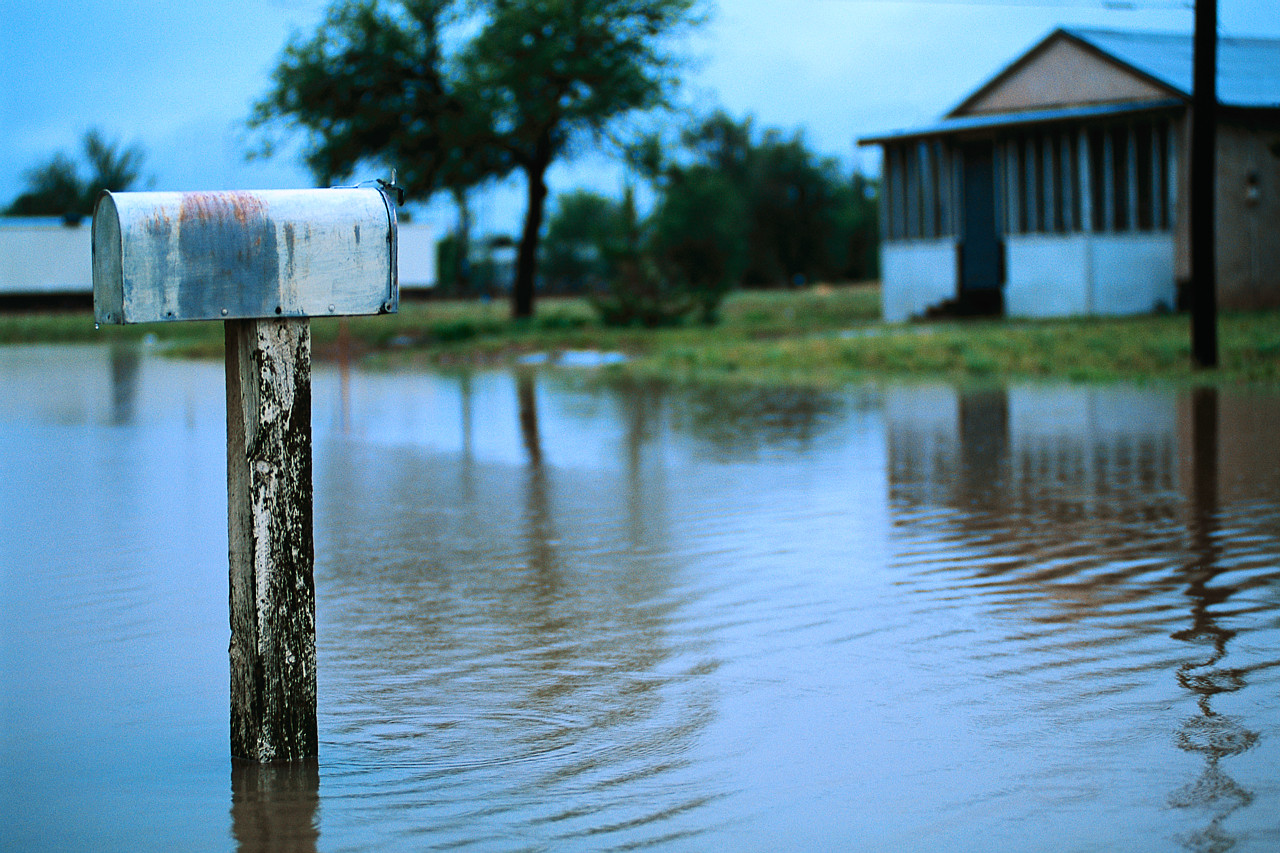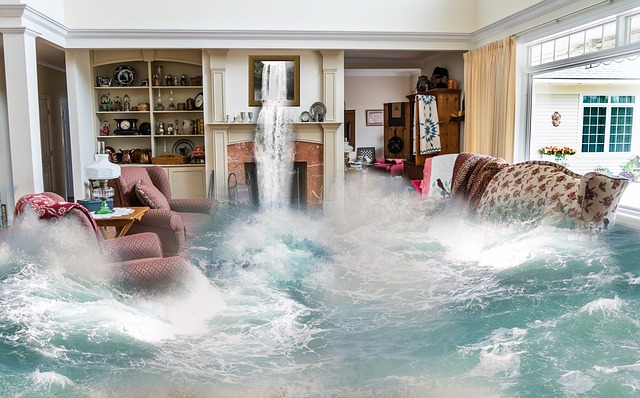As the recent floods in Germany and China have shown, the world is increasingly at risk from flooding as a result of climate change. This means that even if you live in an area that has never experienced flooding before, you should probably think about protecting your house from the worst effects of heavy rainfall. The hard part however, can be knowing where exactly to start. To make sure that your house is protected fully from the effects of flooding, this guide has been created. Read on now for the complete overview.
Waterproof Your Basement
For people living in flood-prone zones, it is important to make sure that you waterproof your basement. There are a few ways to do this, such as lining it in protective concrete, to redirecting your water source so it doesn’t get damp. It is also important to double-check any vulnerabilities in your basement so you can see where the water could get in and rectify any issues.
Double Check Your Pipes
While leaky or vulnerable pipes alone might not cause flooding in your home, they can represent a massive vulnerability if they freeze, as seen in Texas in winter. That’s why it’s a very important to check them yourself to make sure that they are not vulnerable. You can either try and check them yourself, or if you are not sure, then bring in a plumber to check them for you.
Raise the Elevation Of Your Home
Simply put, the higher the level of your house, the less likely that it will be affected by the effects of flooding. That’s why it might make sense to simply raise the elevation of your home. This is common in areas of the south of the USA, such as Louisiana and Florida, which are often in swamp-like zones. If you need the money to make these improvements, then it might make sense to get a personal loan for home improvement. This way you won’t have to pay for the improvements in one go, but can split the payments over several months or years.

Clean out the Gutters
One of the most important ways to mitigate flooding is to clean your gutters regularly. Blocked gutters, whether it’s through rubbish, debris or leaves, mean that it stops your system from properly functioning, often leading up to a overflow of water that can be difficult to deal with. That’s why it is important to take a look at your gutters at least once a month and make sure that they are completely unobstructed, otherwise you could be in a lot of trouble. If you don’t have time to do it, then it is easy enough to hire a laborer to help finish the job for you.
Conclusion
As you can see from the points written above, there are a whole host of ways to keep your house safe. Make sure to implement all of them for a happy and healthy, flood-free home.


















